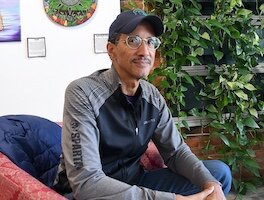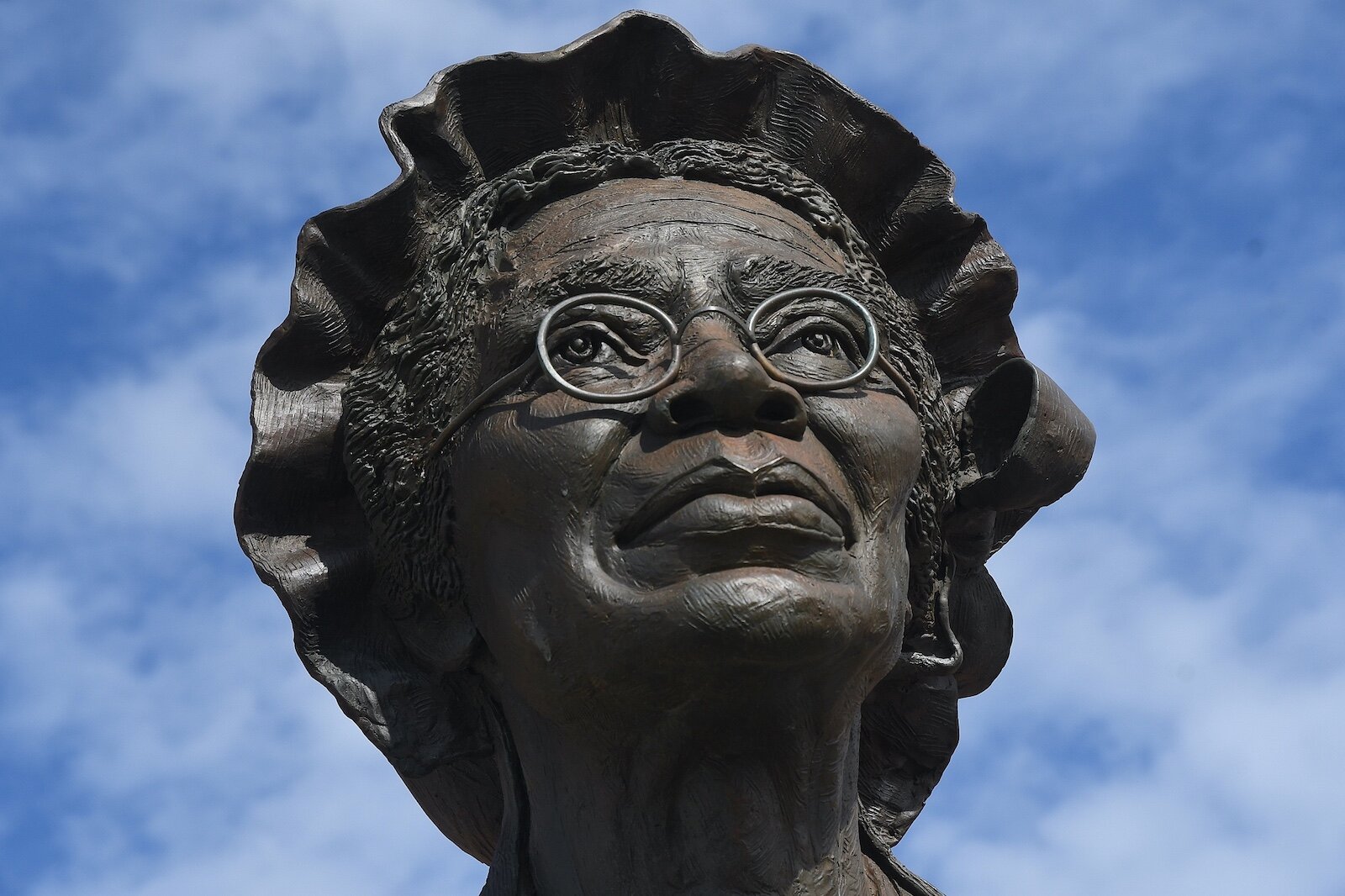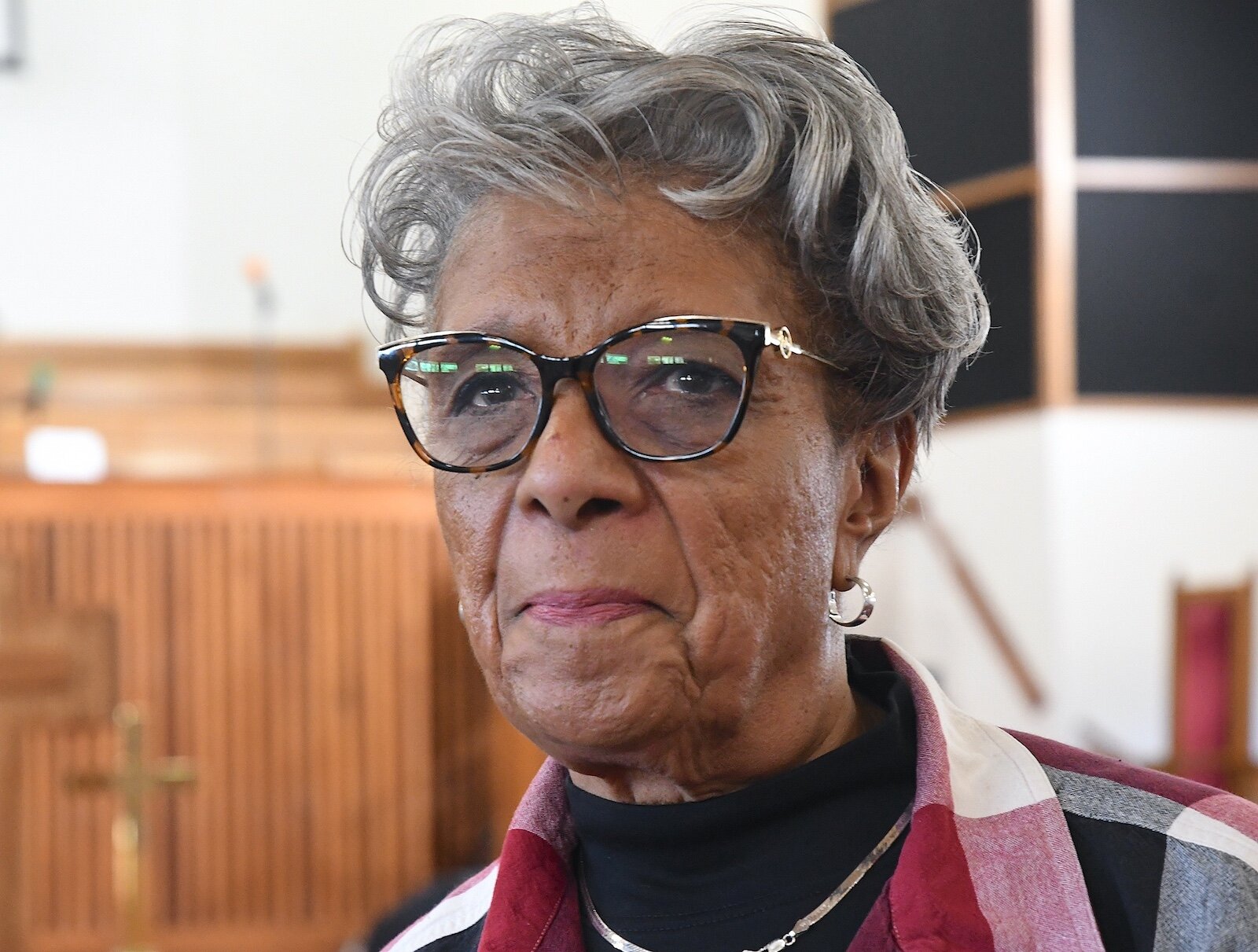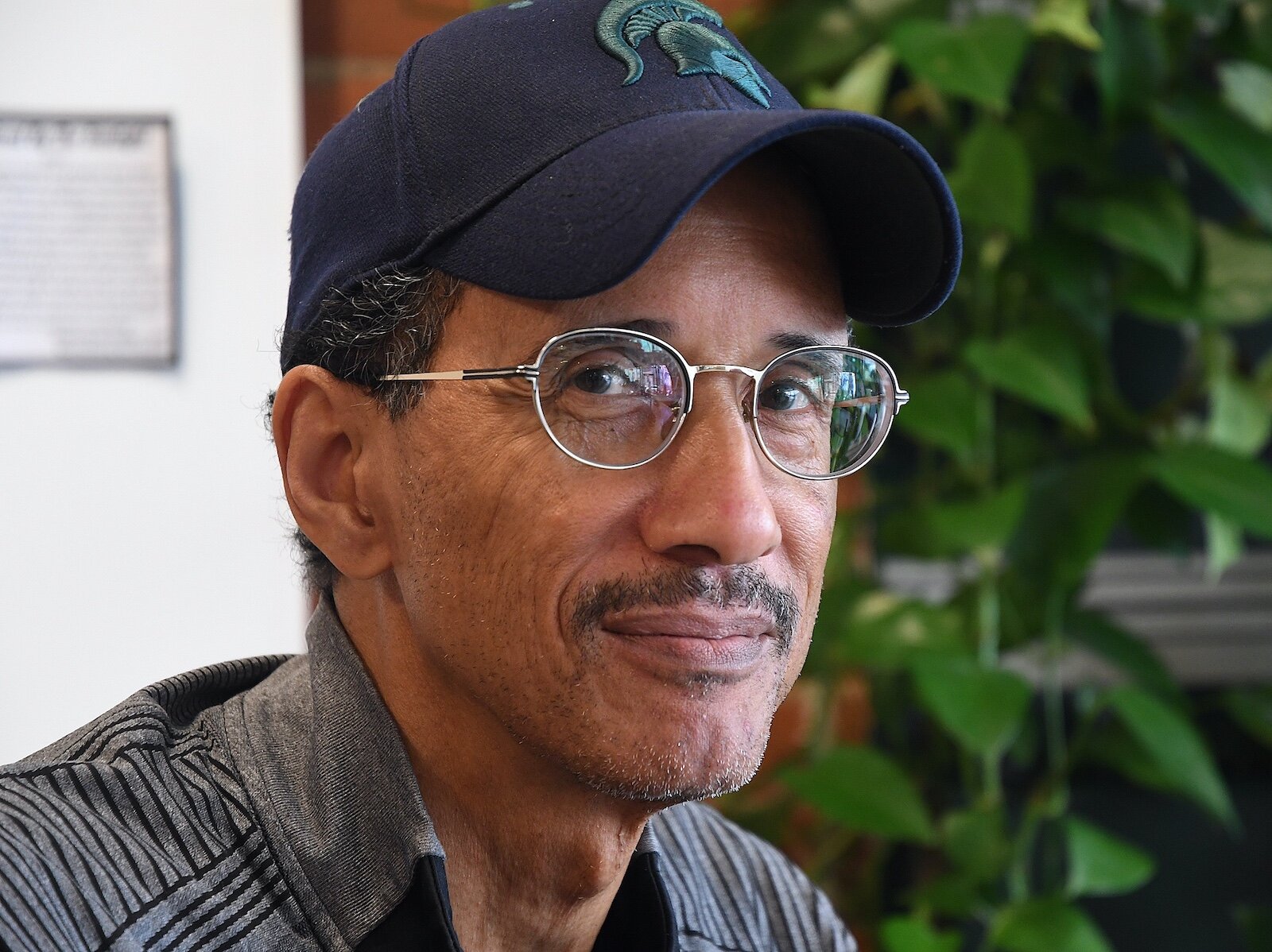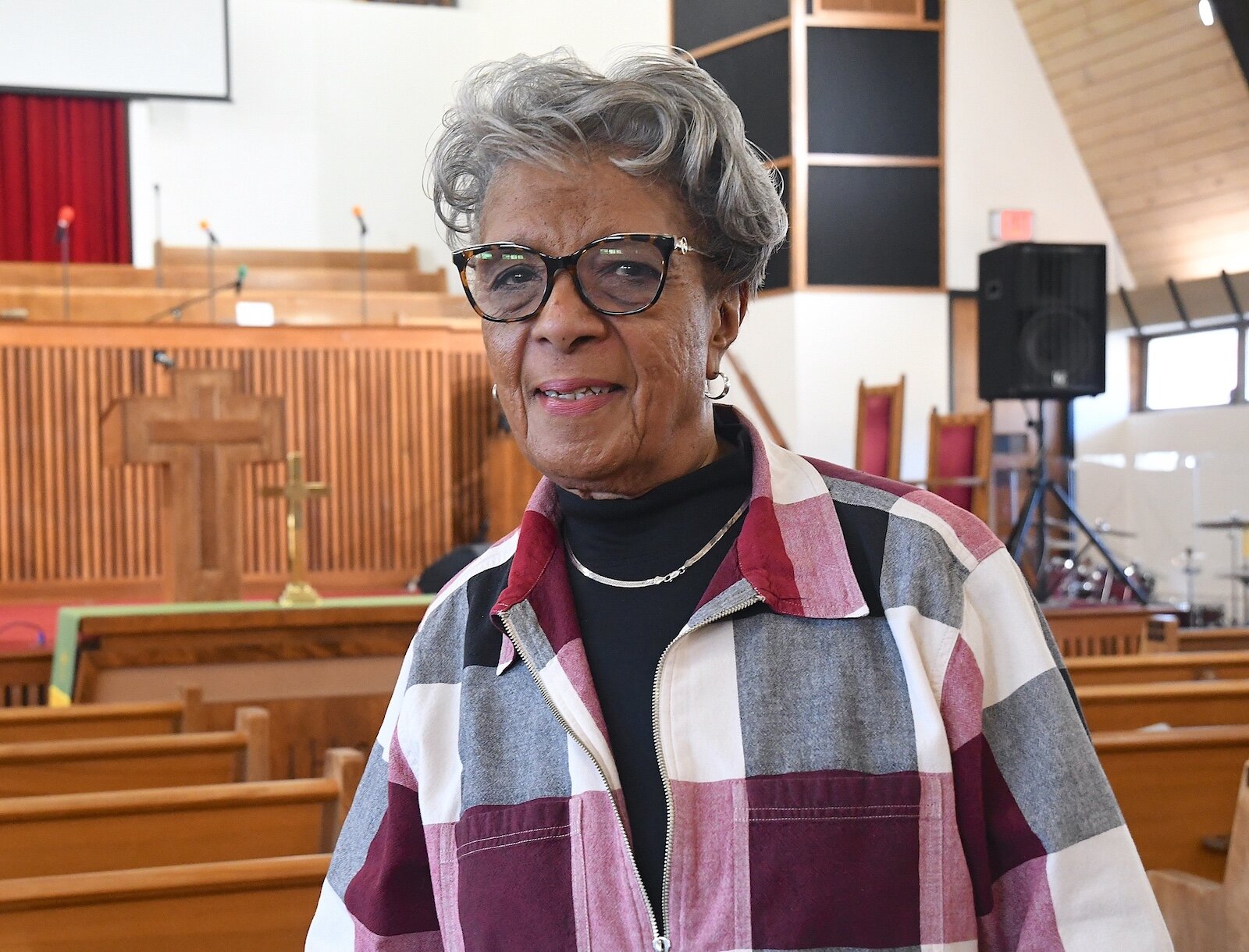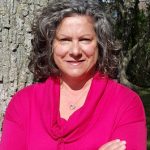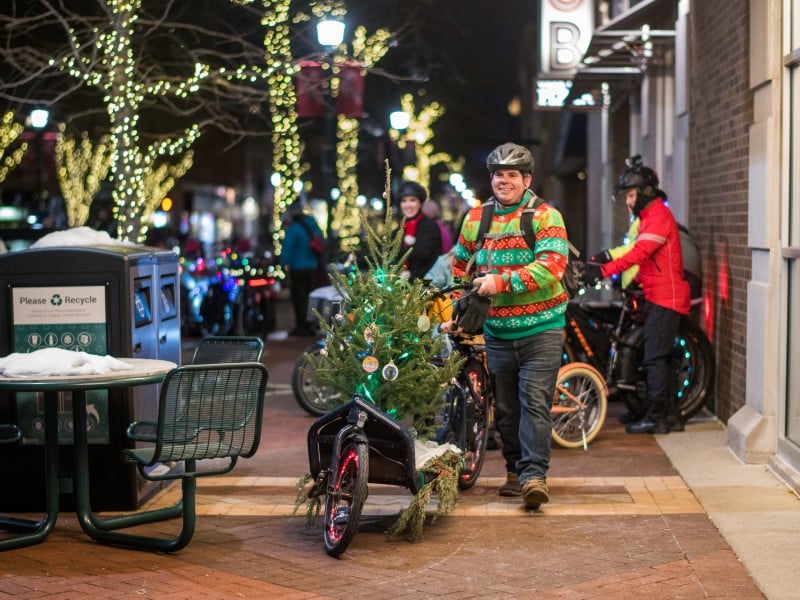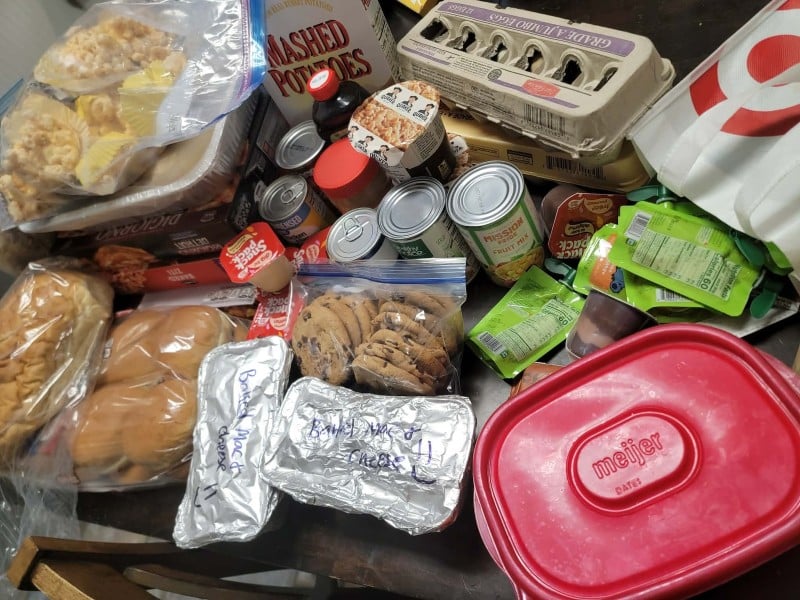Editor’s note: This story is part of Southwest Michigan Second Wave’s On the Ground Battle Creek series.
BATTLE CREEK, MI — Tim Elliott and Thelma Vaughn were part of an intentional effort by the Battle Creek Public Schools to hire newly graduated teachers from Historically Black Universities and Colleges (HBCUs) in the late 1960s and early 1970s.
There was a confluence of activities already going on during this time, one of which involved BCPS students, primarily at Battle Creek Central High School, who were disgruntled about the lack of teachers who looked like them, says J.R. Reynolds, who coordinated a project which features interviews with five local African Americans, including Elliott and Vaughn. Their reflections are part of a documentary film titled.
“Battle Creek Did Not Burn” will be presented during an event beginning at 1 p.m. on Saturday at the downtown branch of Willard Library. The film is part of a project, funded by the Binda Foundation, aimed at rediscovering Battle Creek’s untold stories during the Civil Rights Movement.
“There are nuances and differences among folks ranging from gender to race. Some are subtle and some are less subtle,” Reynolds says. “A lot of white teachers were not able to relate to African American kids in ways that they needed to be related to. When you can’t relate to each other, conflict happens. This spilled over to students’ relationships as well. Between Black students and white students, there were all kinds of tensions going on and sometimes those conflicts turned into more rigorous violent reactions.”
The documentary, an oral history project, was initiated by Battle Creek Truth Racial Healing and Transformation (BCTRHT). Reynolds says during the late 1960s and early 1970s these tensions in the schools were occurring simultaneously with the Civil Rights Movement that was going full tilt, the Women’s Liberation Movement which was gaining momentum, and the Vietnam War.
“We focused on Civil Rights and how folks in Battle Creek got into it,” Reynolds says. “When Dr. Martin Luther King Jr. was assassinated, there were demonstrations all around the country. There had already been protests because of racism and segregation. A lot of communities reacted in a knee-jerk way. It was the straw that broke the camel’s back in other communities. The protests turned violent in cities like Detroit, but that didn’t happen in Battle Creek. Folks were wondering what was going on in other cities when the flash point happened and what was happening here that kept Battle Creek from burning.”
That was how the title of the documentary film came about.
“There was a protest that was coordinated by the local NAACP (National Association for the Advancement of Colored People),” Reynolds says. “The head of the NAACP coordinated a demonstration downtown to block the streets off, but in other cities, folks were just randomly causing mayhem.”
Vaughn says at a time when other cities were exploding and rioting, Battle Creek was not. By the time she came to Battle Creek in 1968, the times of violence and unrest had subsided. She has been retired from teaching for 33 years and began a reading program — “We Read” — in 2003 at her home church, Second Missionary Baptist.
Born and raised in Philadelphia, she earned a Bachelor’s degree in Education at Hampton University in Virginia. In her senior year, Vauhgn and other graduating seniors were interviewed by representatives from different school districts, including BCPS.
The recruiter who interviewed her was African American. Vaughn says there were some Black teachers with BCPS, but not a lot. As an African American at that time, she says it wasn’t unusual to go into situations where only a few people looked like her.
“It seemed like and unusual school system in that it had things other districts didn’t seem to offer,” Vaughn says, among these relationships with the Battle Creek Outdoor Education Center Clear Lake Camp, and Kingman Museum. “I’d never heard of a school system that did all that,” she says.
She was among several newly minted teachers who signed on with BCPS.
“At that time when there was a push for African American in BCPS, there were several of us who came here that year. It seemed as though the community, parents and the district were opening up to more diversity.”
But, Battle Creek was not to supposed to be the final stop on her teaching journey.
“My goal was to get to California and Michigan was going to be the halfway stop,” Vaughn says. Marriage, children, and a community and employer that made her feel welcome and accepted turned that halfway stop into a permanent home.
Elliott, who was a teacher with BCPS for 41 years, says he felt that same acceptance when he came to Battle Creek in the early 1970’s. A graduate of Lane College in Jackson, TN., with a Bachelor’s degree in Education, Lane says he signed on with BCPS because there were Lane alumni already working in the school system.
“I talked with one of an alumnus who was teaching here,” Elliott says. “When I got here everyone was just so accommodating. Everything was so exciting because it was my first teaching assignment and had a lot of my alumni here. They took me to dinner and introduced me to how the school system worked. The administration was very helpful, making sure I felt good about being part of the new school system.
“At that time they were looking to diversify the district so that’s why they went out and did a lot of recruiting at the time. They went to a lot of different HBCU schools to recruit.”
Vaughn says she thinks she and those African American teachers who have come after her were able to set an example of what educators should look like, especially for children of color.
“There were quite a number that came in and after that and (BCPS) continued the process of diversifying the district so it was a beautiful thing,” Elliott says.
A preservation project of historical proportions
Vaughn says she accepted Reynolds’s invitation to be interviewed for the project because she was familiar with BCTRHT and thought if what they were doing was to encourage more dialog and curious thinking about racial relationships in this community, what they were, what they are, and what they could become, I wanted to be part of that.”
Reynolds says the project is designed to help people understand the rich diversity and history of Battle Creek which was not a perfect community. He worked alongside Tynisha Dungey, Director of Youth Services and Community Engagement at Willard Library, and Erik McCloud, owner of Cloudy Productions, to bring the project to fruition.
“Later in the 70s there was a cross burning in the city in response to the election of our first Black mayor, but there were also things on the other side helping to promote unity and calmness and understanding. Between the NAACP, the school system, the Black Recondos, law enforcement, and city officials, there was constant communication to keep things from boiling over.”
Black Recondos of Battle Creek
“The Black Recondos, a group formed from the local young adult council of the NAACP, forced the local board of education to hire Black teachers and administrative personnel, under the threat of removing every black student from their public schools,” says this accounting of the city’s history. “They also forced the chief of police to allow Black Recondos to intervene in arrests and gave them the authority to take black lawbreakers into their custody instead of the local police. This caused the first strike of a police force in U.S. history. The officers were fired and the strike was ended.”
Reynolds says “Battle Creek Did Not Burn” was designed to enlighten community members about what came before them and help them to understand the richness that existed in the city’s history which is often overlooked.
“This is a way of understanding what’s going on today. We do go back a ways to help frame what’s going on. By understanding our past we can have. Better understanding of what’s happening in the present. If we know our past, we can learn from our mistakes.”


